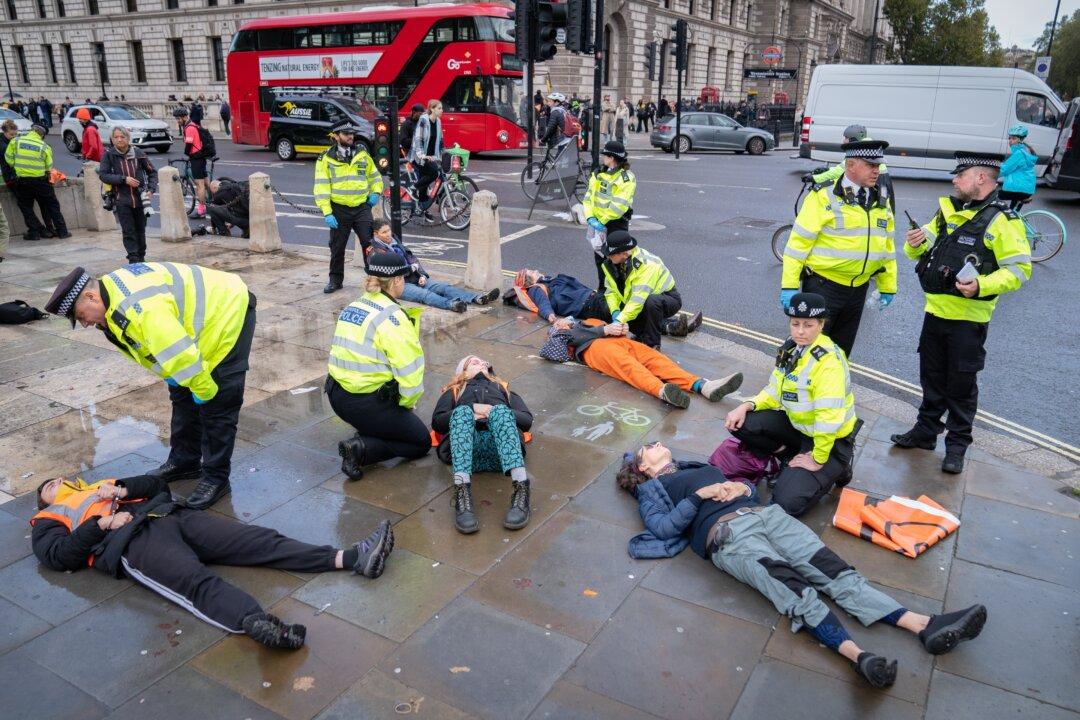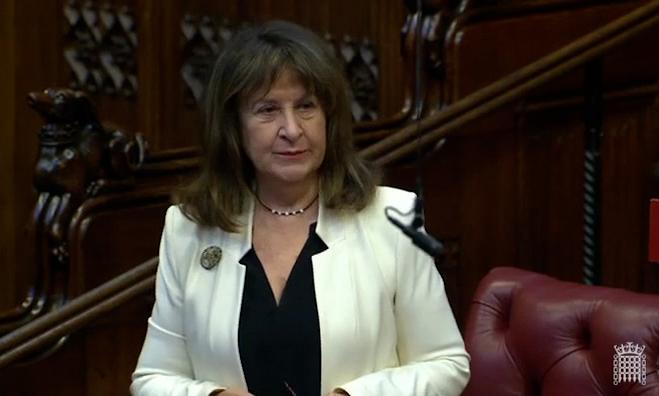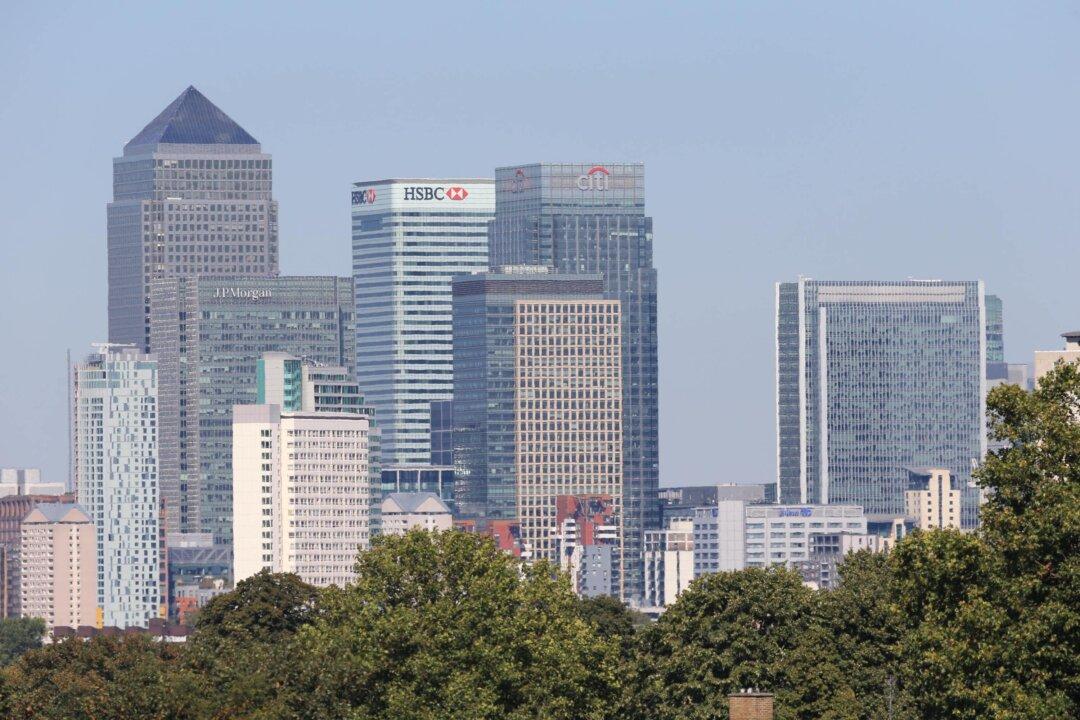The High Court in London ruled on Tuesday that the latest anti-protest legislation aimed at broadening police powers is unlawful.
The Liberty human rights NGO had brought legal action against the Home Office over the protest regulations that were passed by statutory instrument last year.
Lord Justice Green and Mr. Justice Kerr on Tuesday held that the Home Office acted outside of its powers by reducing the threshold, and that it had failed to fairly consult groups that might be affected by the measures.
A Home Office spokesperson said: “While we are disappointed by this outcome, we are pleased that we have been granted permission to appeal and we will consider all other options to keep this important power for police.
“The right to protest is a fundamental part of our democracy but we must also protect the law-abiding majority’s right to go about their daily lives.
“That is why we legislated last year to give the police the tools they need to address disruptive protests.”
The order quashing the legislation has been put on hold pending the Home Office’s appeal.
Liberty called the ruling “a huge victory for democracy,” saying that it “sets down an important marker that the Government cannot just do what it wants.”
According to the human rights organisation, hundreds of protesters have already been arrested under the new laws, including the climate activist Greta Thunberg who was acquitted of all charges in a February hearing.
Akiko Hart, Liberty’s director, said in a statement: “We all have the right to speak out on the issues we believe in, and it’s vital that the Government respects that. These dangerous powers were rejected by Parliament yet still sneaked through the back door with the clear intention of stopping protesters that the Government did not personally agree with, and were so vaguely worded that it meant that the police were given almost unlimited powers to shut down any other protest too.
“This judgment sends a clear message that accountability matters, and that those in power must make decisions that respect our rights.”
‘Serious Disruption’
The judges said in a 57-page ruling that the government had ignored Parliament’s will to define the meaning of “serious disruption,” and then broadened the definition so police could intervene in protests where disruption was “closer to that which is normal or every day.”The High Court also said the government had only sought feedback from law enforcement agencies. The judges said that by law the government was also required to obtain opposing groups’ views.
In June 2023, then-Home Secretary Suella Braverman passed the new measures via secondary legislation—which is subject to less parliamentary scrutiny—lowering the threshold of when police can impose conditions on protests.
Previously, “serious disruption” was defined as “significant” and “prolonged,” but the new legislation reduced this threshold to just “more than minor.”
The regulations were introduced after the government tried to bring them in when the Public Order Bill went through Parliament, but they were rejected by the Lords at the time by 254 votes to 240.
Concerns were raised over the way in which Ms. Braverman persisted in passing the law after it was defeated in primary legislation.
Katy Watts, lawyer at Liberty said in a statement that the former home secretary had disregarded Parliament’s decision and attempted to sneak in the legislation via the back door.
“This has been done deliberately in a way which enables the Government to circumvent Parliament – who voted these same proposals down just a few months ago – and is a flagrant breach of the separation of powers that exist in our constitution,” said Ms. Watts.
Lord Thomas of Cwmgiedd, member of the Secondary Legislation Scrutiny Committee, said in a report, “As far as we can ascertain, this is the first time a Government has sought to make changes to the law by making those changes through secondary legislation even though those same changes had been rejected by Parliament when introduced a short while before in primary legislation.”







